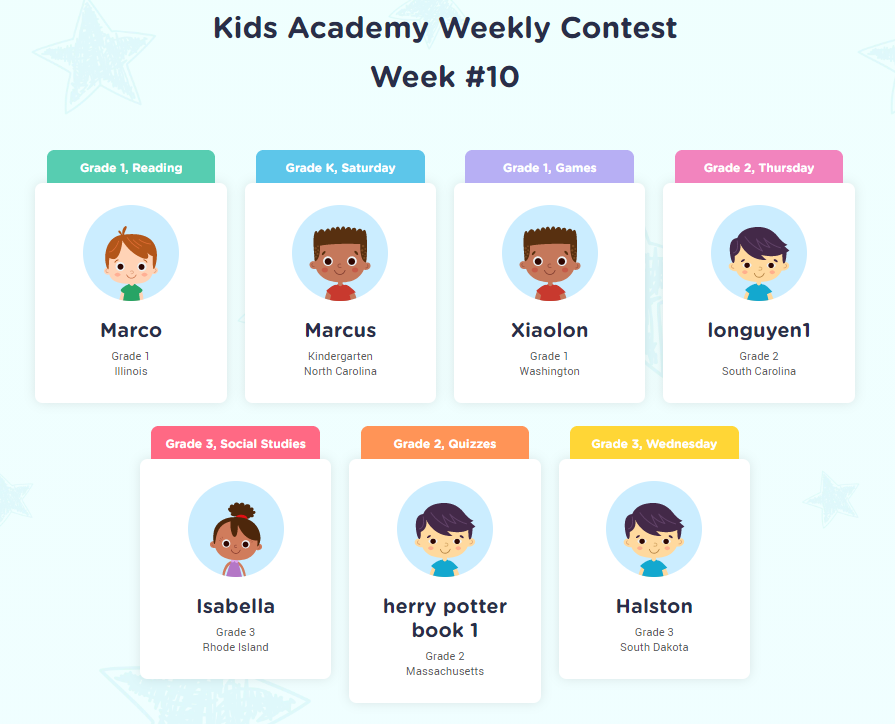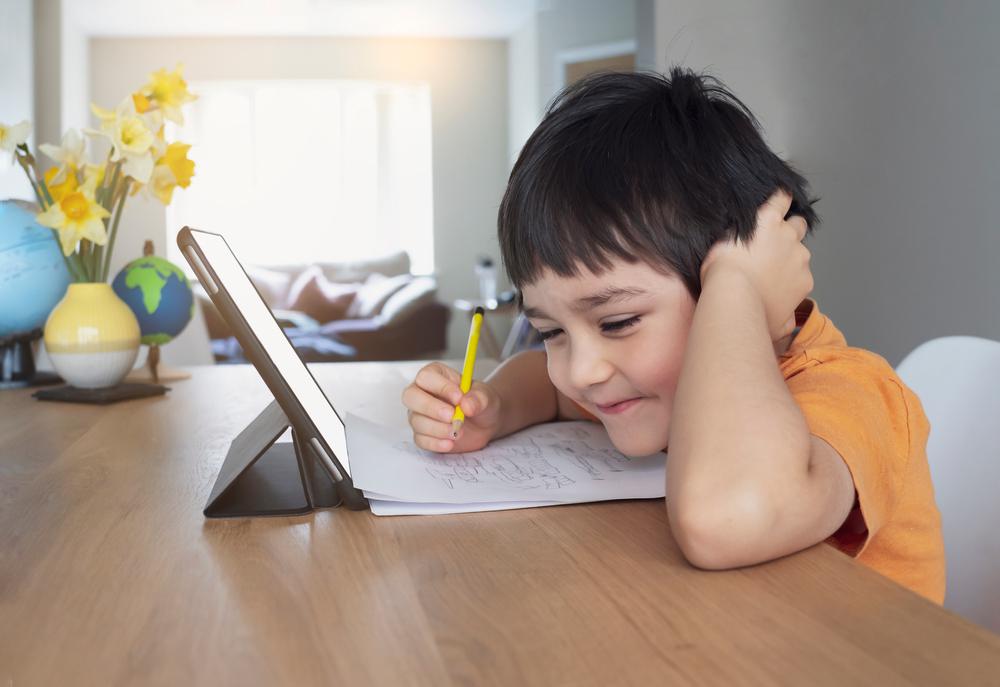Measurement skills Worksheets for 8-Year-Olds
3 filtered results
-
From - To
Welcome to our collection of Measurement Skills Worksheets tailored specifically for 8-year-olds! These engaging and interactive worksheets are designed to help young learners master essential measurement concepts such as length, weight, capacity, and time. Each printable worksheet features colorful illustrations and fun exercises that make learning enjoyable and effective. By exploring various measurement scenarios, students will develop their problem-solving skills and gain confidence in applying mathematical concepts in real-life situations. Ideal for classroom use or at-home practice, our Measurement Skills Worksheets align with educational standards, ensuring your child receives a comprehensive learning experience. Start measuring success today!
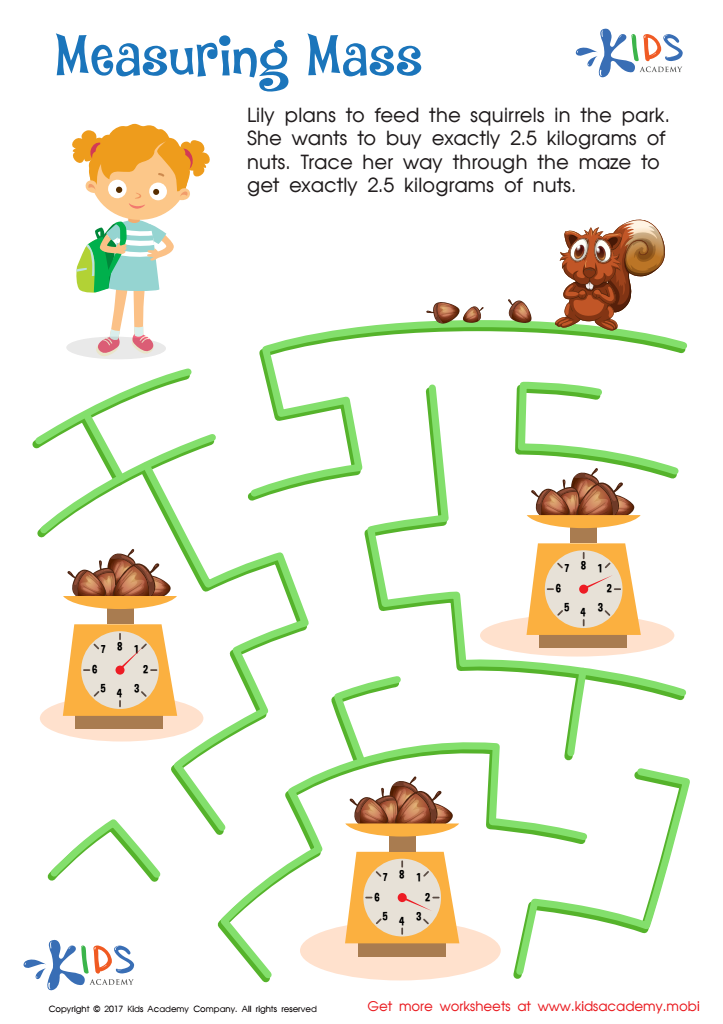

Measuring Mass Worksheet
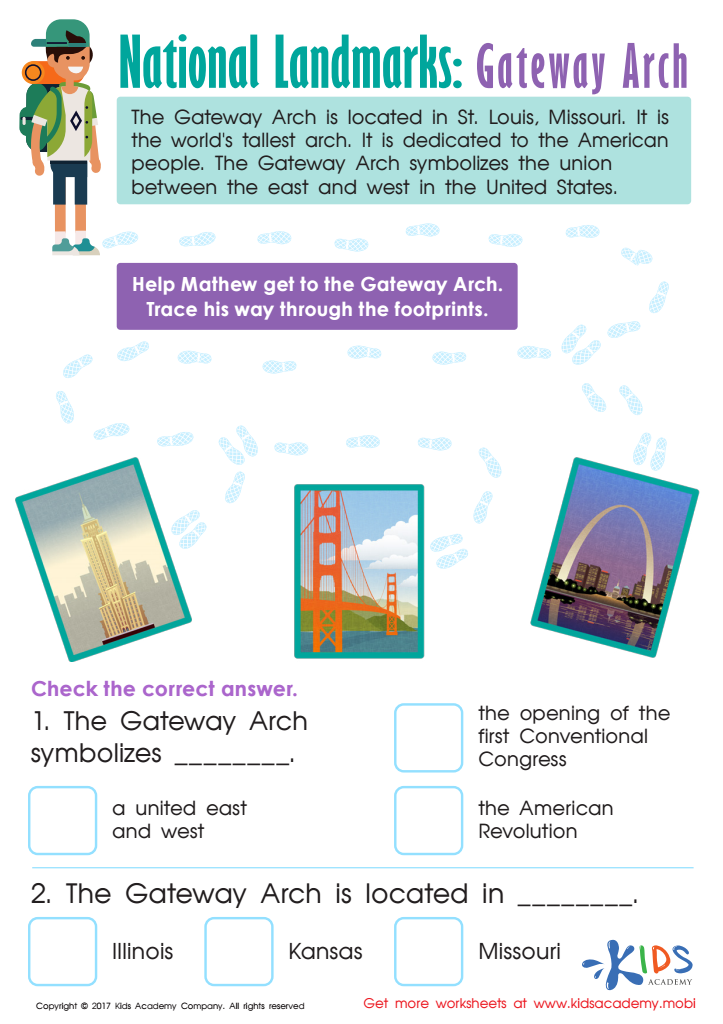

Gateway Arch Printable Worksheet
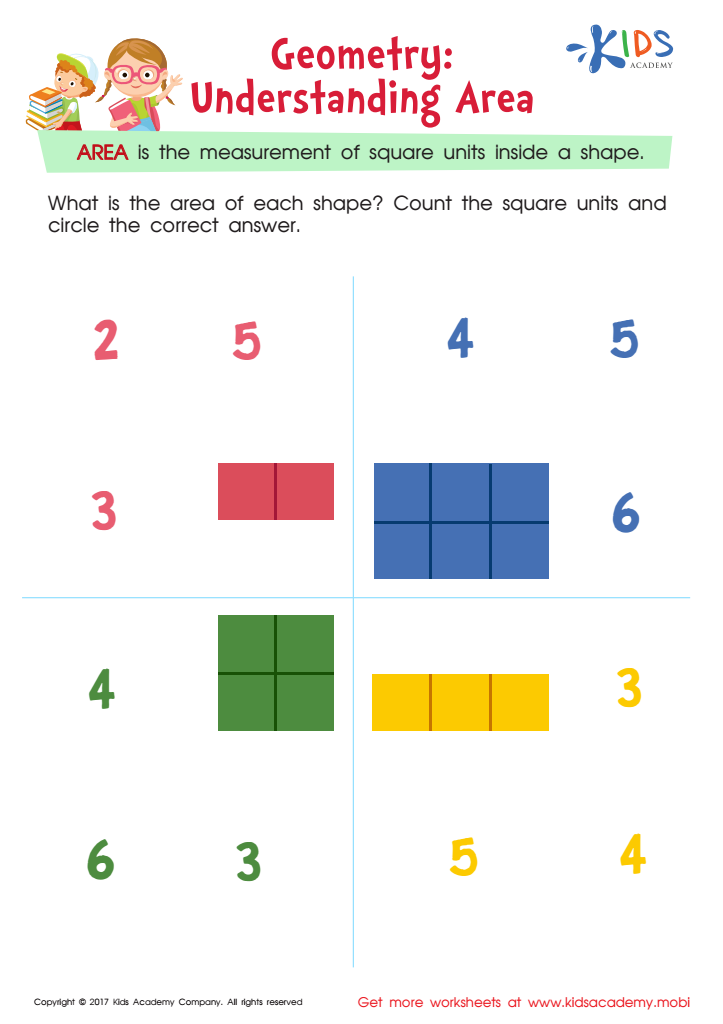

Understanding Area Worksheet
Measurement skills are essential for 8-year-olds as they lay the groundwork for mathematical understanding and everyday problem-solving. At this age, children are developing critical thinking and reasoning abilities, and measuring helps them grasp the concepts of size, weight, volume, and time, which are fundamental in our daily lives.
Parent and teacher involvement in nurturing these skills promotes confidence in children as they learn to interpret the world around them. When children explore measurement through activities like cooking, gardening, or building projects, they not only enhance their mathematical abilities but also engage in hands-on learning that fosters curiosity and creativity.
Moreover, early mastery of measurement can lead to better performance in more complex math topics in future grades. It promotes logical reasoning, the ability to compare quantities, and an understanding of units, which are all pivotal for academic success. Fostering measurement skills also aids children in developing skills that pertain to science, art, and technology.
Incorporating real-life measurement activities empowers children to appreciate practical applications of math, fostering a lifelong love for learning, critical thinking, and problem-solving, which are invaluable skills well beyond the classroom. Therefore, investment in measuring skills now pays dividends in a child’s educational journey and everyday experiences.
 Assign to My Students
Assign to My Students




